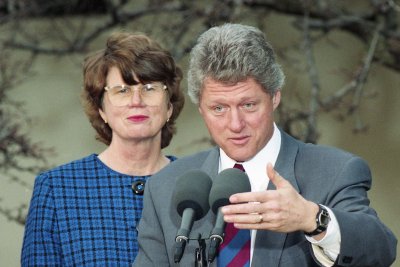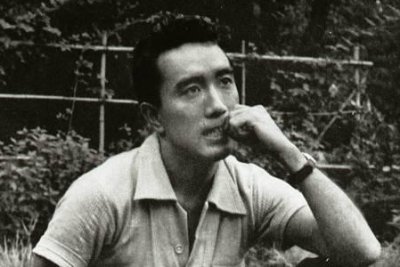Topic: Andrew Carnegie
Quotes
Surplus wealth is a sacred trust which its possessor is bound to administer in his lifetime for the good of the community. The man who dies rich dies disgraced
The almanac Nov 25, 2008
Surplus wealth is a sacred trust which its possessor is bound to administer in his lifetime for the good of the community. The man who dies rich dies disgraced
The almanac Nov 25, 2007
Surplus wealth is a sacred trust which its possessor is bound to administer in his lifetime for the good of the community. The man who dies rich dies disgraced
The Almanac Nov 25, 2006
Surplus wealth is a sacred trust which its possessor is bound to administer in his lifetime for the good of the community. The man who dies rich dies disgraced
The Almanac Nov 25, 2005
Surplus wealth is a sacred trust which its possessor is bound to administer in his lifetime for the good of the community. The man who dies rich dies disgraced
The Almanac Nov 25, 2004
Andrew Carnegie ( /kɑrˈneɪɡi/ kar-NAY-gee, but commonly /ˈkɑrnɪɡi/ KAR-nə-gee or /kɑrˈnɛɡi/ kar-NEG-ee) (November 25, 1835 – August 11, 1919) was a Scottish-American industrialist, businessman, entrepreneur and a major philanthropist.
Carnegie was born in Dunfermline, Scotland, and migrated to the United States as a child with his parents. His first job in the United States was as a factory worker in a bobbin factory. Later on he became a bill logger for the owner of the company. Soon after he became a messenger boy. Eventually he progressed up the ranks of a telegraph company. He built Pittsburgh's Carnegie Steel Company, which was later merged with Elbert H. Gary's Federal Steel Company and several smaller companies to create U.S. Steel. With the fortune he made from business among others he built Carnegie Hall, later he turned to philanthropy and interests in education, founding the Carnegie Corporation of New York, Carnegie Endowment for International Peace, Carnegie Institution of Washington, Carnegie Mellon University and the Carnegie Museums of Pittsburgh.
Carnegie donated most of his money to establish many libraries, schools, and universities in the United States, the United Kingdom, Canada and other countries, as well as a pension fund for former employees. He is often regarded as the second-richest man in history after John D. Rockefeller. Carnegie started as a telegrapher and by the 1860s had investments in railroads, railroad sleeping cars, bridges and oil derricks. He built further wealth as a bond salesman raising money for American enterprise in Europe.
It uses material from the Wikipedia article "Andrew Carnegie."










